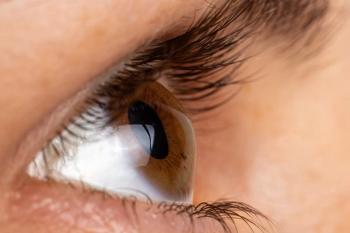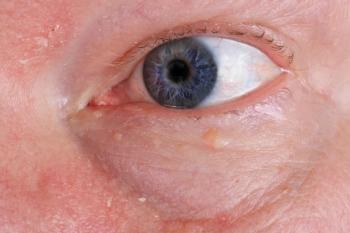
Glaucoma drug may reverse obesity-related vision loss
A recent study funded by the National Institute of Health found that the glaucoma drug acetazolamide (Diamox, Duramed Pharmaceuticals), when combined with a weight loss plan, can improve vision for patients with idiopathic intracranial hypertension (IIH).
IIH predominantly affects overweight women of reproductive age, with the most common symptoms being headaches and visual problems, including blind spots, poor peripheral vision, temporary episodes of blindness, and double vision. Some women experience disabling vision loss.
The trial tested the benefits of the drug in combination with a weight loss plan vs. the weight loss plan and a placebo pill over the course of six months on 161 women and four men with IIH and mild vision loss. While patients in both groups had improved vision,
“Our results show that acetazolamide can help preserve and actually restore vision for women with IIH, when combined with a moderate but comprehensive dietary and lifestyle modification plan,” says Michael Wall, MD, a professor of neurology and ophthalmology at the University of Iowa in Iowa City.
Although it is a glaucoma drug, acetazolamide has commonly been prescribed for IIH despite a lack of evidence that it helps.
“This study provides a much-needed evidence base for using acetazolamide as an adjunct to weight loss for treating IIH," says Dr. Wall. "The drug has been around since the 1950s, and prior studies have found varying degrees of efficacy.”
The trial will follow the participants for five years to see if they are able to maintain a health weight and control their symptoms long term.
Next:
Newsletter
Want more insights like this? Subscribe to Optometry Times and get clinical pearls and practice tips delivered straight to your inbox.













































